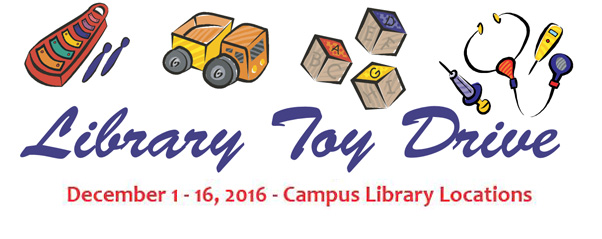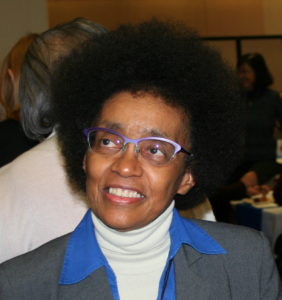
Dr. Claudia DeShay at her retirement gathering on December 6, 2017
Claudia DeShay, Ph.D., has officially retired from the Health Sciences Digital Library and Learning Center after 19 years of service at UT Southwestern Medical Center.
Claudia has been much more than the Library’s Education Program Coordinator. She demonstrated a passion for education through her outreach work to the campus and the Dallas/Fort Worth community, and she coordinated all of the Library’s educational offerings and developed and taught classes and other types of instruction customized to the needs of the community. Her liaison areas were:
- School of Medicine Academic Colleges, where she was an ethics mentor and facilitator
- Department of Pediatrics, where she taught residents the value of children’s literature and communication techniques
- Office of Global Heath, where she partnered to educate and train medical students and faculty how to access NLM and University of Texas Southwestern resources abroad
- Office of Medicine Education, where she was a member of each year’s curriculum and training faculty on Team Based Learning
- Department of Clinical Sciences – Division of Ethics
Her outreach work was in partnership with the Office of Minority Student Affairs and the National Network of Library of Medicine South Central Region. Claudia’s participation as a faculty member in the Health Professions Recruitment and Exposure Program (HPREP) involved meeting with parents and students of minority and underrepresented high school students to give them a glimpse of education and career opportunities in health care professions. Claudia was also a faculty member of the Joint Admission Medical Program (JAMP) to identify, support, and encourage highly qualified, economically disadvantaged students who desire to pursue a medical education.
The outreach activities that Claudia has performed in partnership with the National Network of Library of Medicine South Central Region have touched many lives in West Dallas. Brother Bill’s Helping Hand (BBHH) has a monthly consumer health information class that Claudia taught. The outreach program that Claudia led was usually bilingual and provided current resources and instruction to locate resources to help the attendees – for example, how to find information on the Flu Shot or MMR Vaccine using Medline Plus. Other topics have been on ESL, parenting tips, suicide prevention, etc. The attendees had a thirst for information and were always happy to learn how to use the computer or how to go to their public library to find information on any topic.
Dr. DeShay’s passion for improving the health of the community was exhibited through her consistent quest to increase health literacy in the community. She volunteered and set up exhibit booths at every health fair in collaboration with the University of Texas Southwestern Medical Center and specifically with the Department of Family & Community Medicine. These events included Kwanza-fest, United We Serve, Mayor’s Back to School Fair, etc.
Dr. DeShay’s passion and tireless advocacy for health information literacy for the underprivileged in our region contributed to her winning the prestigious Michael E. DeBakey Award in 2015 from the Friends of the National Library of Medicine. Her passion and progress in humanities studies for medical students will bring her back for teaching in this area as a volunteer faculty.
Richard Wayne, Claudia’s supervisor and friend, summed it up best at the closing of his remarks at her retirement party, “I will miss you Dr. DeShay. I will miss your integrity, your positive attitude, and your great contribution to our library. Thank you.”
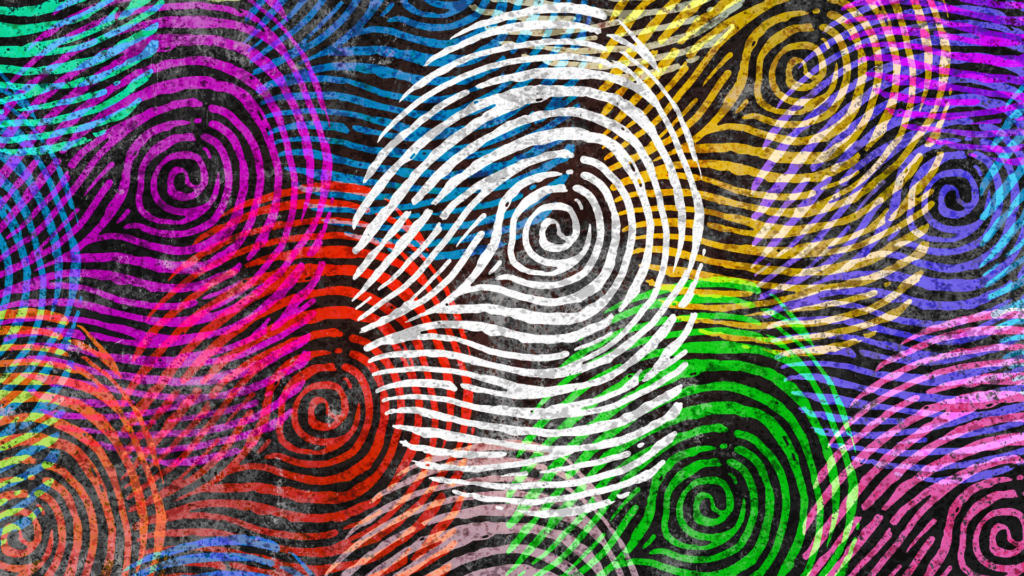

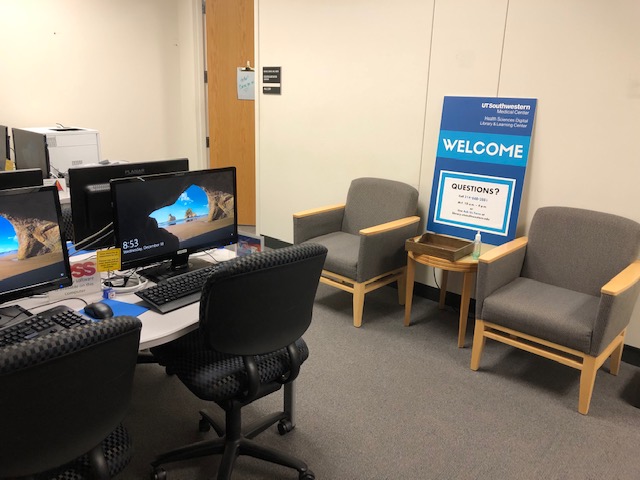
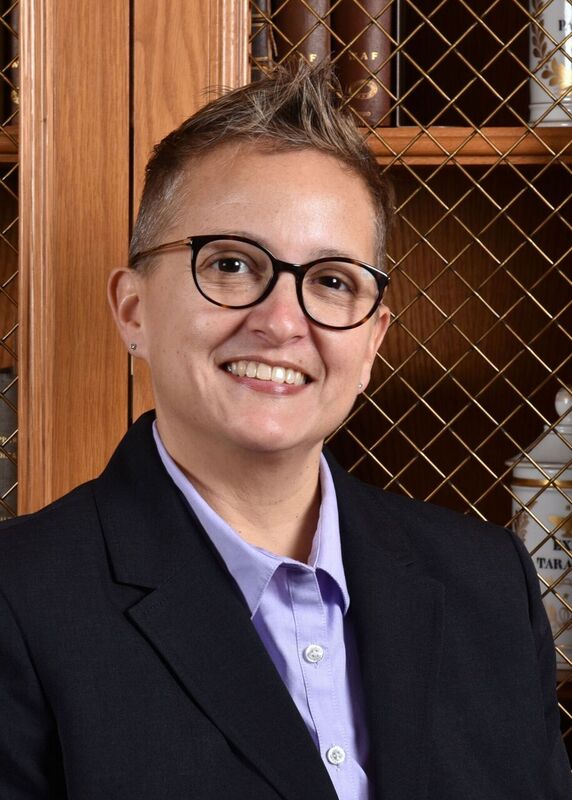

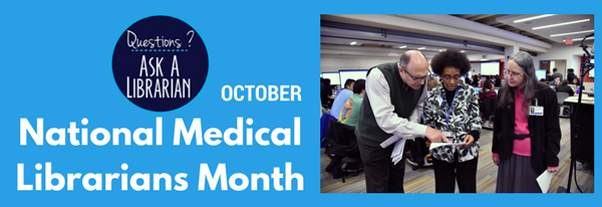


 Are you preparing for a “systematic review”? Systematic reviews aim to identify and synthesize all of the scholarly research – including both published and unpublished studies – on a particular topic. They are conducted in an unbiased, reproducible way to (1) provide evidence for practice and policy-making and (2) identify gaps in research. If you’re not sure that a systematic review is the right type of literature review for you or you would like to learn more about systematic reviews, see our
Are you preparing for a “systematic review”? Systematic reviews aim to identify and synthesize all of the scholarly research – including both published and unpublished studies – on a particular topic. They are conducted in an unbiased, reproducible way to (1) provide evidence for practice and policy-making and (2) identify gaps in research. If you’re not sure that a systematic review is the right type of literature review for you or you would like to learn more about systematic reviews, see our 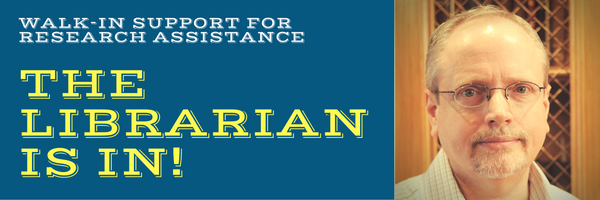 Need help with EndNote citation management? Researching a topic? Using one of the many library database resources? David Rathvon, the UT Southwestern Health Science Digital Library & Learning Center’s Client Experience Program Coordinator, will be available to provide in-person research assistance at the North and South Campus Library locations.
Need help with EndNote citation management? Researching a topic? Using one of the many library database resources? David Rathvon, the UT Southwestern Health Science Digital Library & Learning Center’s Client Experience Program Coordinator, will be available to provide in-person research assistance at the North and South Campus Library locations.